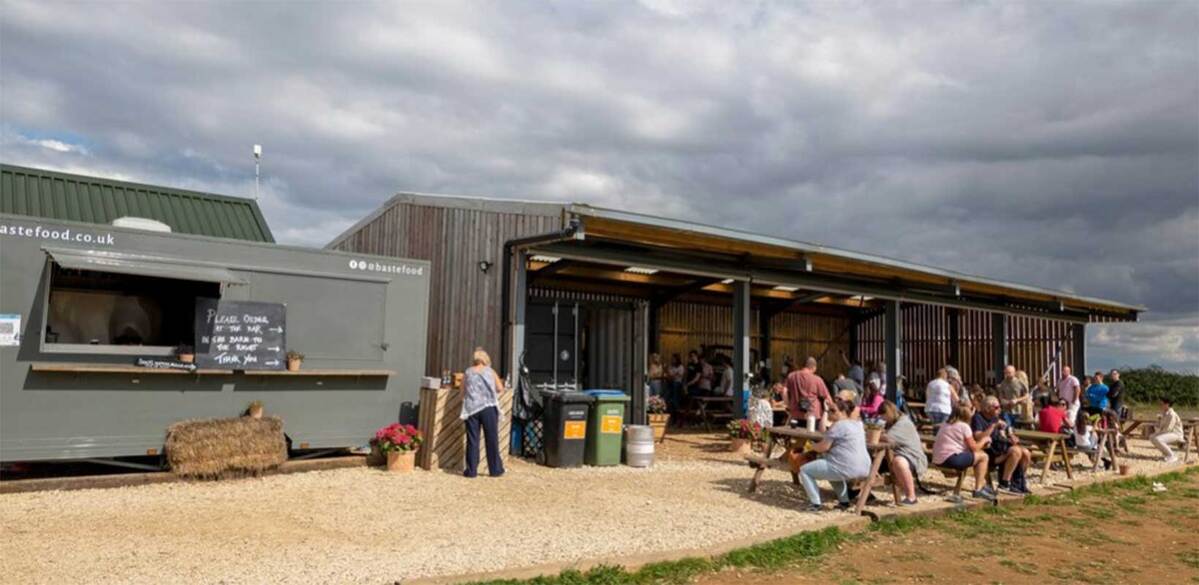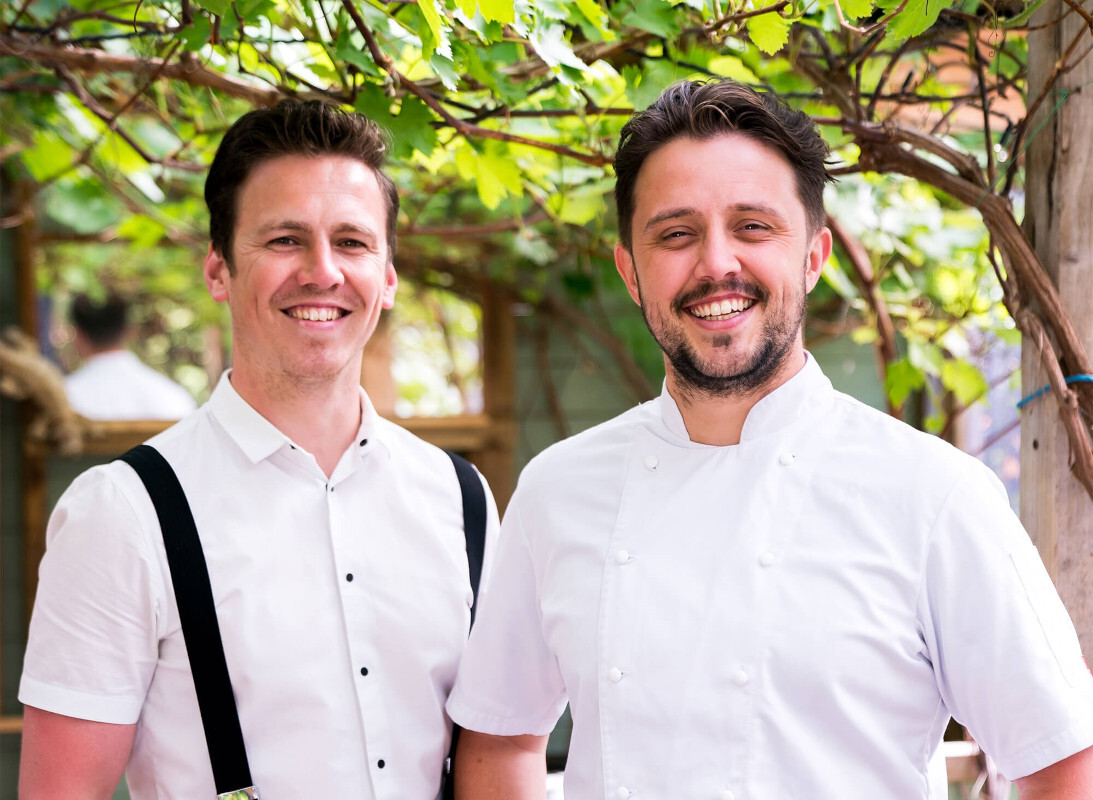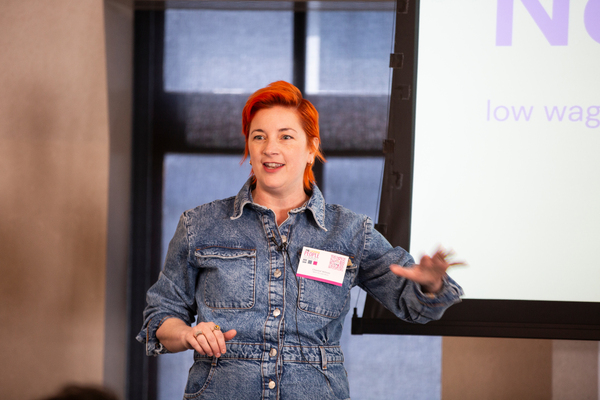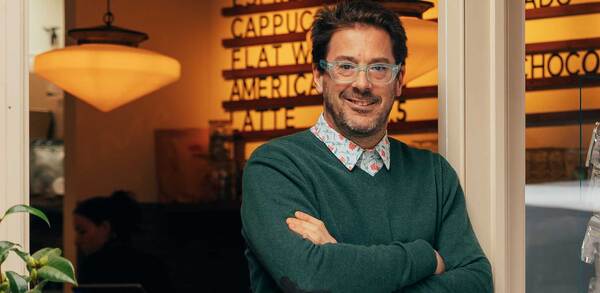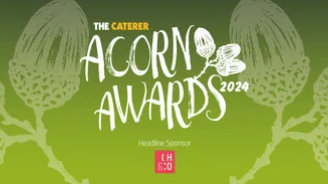Flower of Scotland
It is late winter and a fierce gale drives hail and snow against the waves of Loch Fyne. The wildness of the west coast of Scotland provides awesome scenery, but the weather ensures that today this sea loch won't be yielding any of its famous oysters.
Scotland's beauty has done much to enhance its tourism industry, but the Scottish Tourist Board's (STB) surveys show that its food and drink achieve low popularity ratings.
In a 1993 survey, 6% of foreign visitors and 4% of UK tourists found Scottish food to be among their main dislikes of holidaying north of the border.
With food and tourism so closely grafted, the need to improve the country's food and beverage Achilles' heel is now attracting concentrated attention and high-level support.
Last January, Secretary of State for Scotland Michael Forsyth launched the Natural Cooking of Scotland initiative, an industry-wide working group formed by the STB. Its job is to improve the perception of Scotland's cooking. It runs a series of workshops, training courses, promotions and business development programmes, open to all sizes of business. It is not just for upmarket restaurants and hotels - quality and value are at the heart of the initiative's aims.
Although set up, co-ordinated and partly funded by the STB, other financial and practical support comes from Scottish Enterprise, the European Social Fund, and Highlands and Islands Enterprise. The STB plans to develop a food grading scheme in the near future to highlight quality cooking in all establishments.
As part of this larger initiative, Argyll & the Islands Enterprise and local enterprise company Lochaber organised a three-day chefs' seminar, held at Stonefield Castle Hotel in Argyll.
The Natural Cook programme aims to show delegates how they can find the finest Scottish produce and offers ideas and demonstrations from some of the country's top chefs and cooks.
Standing in front of two dozen cooks and chefs from across the region are Sukie Barber, self-taught chef from the Old Pines Restaurant with rooms in Spean Bridge near Fort William, and Alison Sykora, chef at An Tairbeart Heritage Centre, down the road in Tarbert.
With flip-charts and an overhead projector at the ready, Barber, who is eight months pregnant with her eighth child, enthusiastically expresses her passion for food. She is adamant that it must be fresh and, if possible, from Scotland.
Little wonder that after seven years of running Old Pines with husband Bill, there are already 280 advance room night bookings for this year. Repeat guests are the mainstay and a set meal is the rule. "We do one meal, really well," says Barber simply.
Both she and her husband are strong personalities with high standards. She regularly dispatches him to the local Safeway to pick up items such as fresh herbs, and woe betide the store if it refuses to stock such essentials. Keeping menus simple and insisting on quality produce and good service are a large part of the thrust of Barber's talk.
"Seven years ago I found it difficult to buy small quantities of fresh, top-quality produce. That is changing, but we have to put pressure on the local suppliers and that way they'll respond. Don't take stale mussels from them. Tell them what's wrong. Criticise, but remember to praise them too when it's good. We should all be trying to be the best in our category. Remember, more and more people are putting food near the top of their priorities when they're on holiday."
From her own experience she expounds the business benefits of serving fresh, high-quality produce: increased sales and profits, repeat business, a good reputation and improved staff recruitment and retention.
"Most of our guests at Old Pines are repeat. The only frozen produce I use are raspberries and blackberries because I'm too busy to pick them when they're in season. Everything else is fresh, and that's why people come back," explains Barber.
"Our European guests in particular want great food, and if they get it they tell their friends and that brings more custom. Our business has been built on the reputation of our food. And it's not just our business that benefits but the local producers too."
Moving into top gear, she dismisses the notion that frozen is cheaper than fresh. She cites the example of how she pays £3 for a pound of fresh salmon from which she takes three portions. For the equivalent frozen portions, she says, she would pay £1.40 apiece.
"If you buy frozen, breaded fish, it will never be of the same quality. But you must remember to tell your customers that what you are serving is local, fresh and Scottish. If they come here, they want to eat Scottish cheeses, for instance, not French ones."
Keen to impart a similar message is Sykora, who laments the passing of what she knows was once a wholesome Scottish diet before the advent of the processed food culture.
She points out that the Scottish diet used to be focused on fish, oats and green vegetables, rich in protein, fibre and iron.
Now, keen to evangelise to visitors, she urges delegates to use local foodstuffs and to highlight this to the customer.
"Always name where the food is coming from. Inform your customers about what they're going to get. Build up the tension. Even if it is just rolls and butter - say if the butter is from Islay and name the farmer. I buy beef from Jura, via two boats, and it's still cheaper than if I were to buy it from a local butcher. Arran mustard is excellent, and we always support Scottish cheeses. Rather than putting on Quiche Lorraine, use local varieties. We have some fantastic cheeses, such as Mull Cheddar. We're not in Lorraine, so use something local!"
Barber and Sykora know that they are preaching to the converted among the delegates who have made the effort to attend such a seminar, but it is their longer-term aim to spread this message across the country's islands, mountains and glens until the mention of Scottish food invites a licking of lips rather than a furrowed brow.


